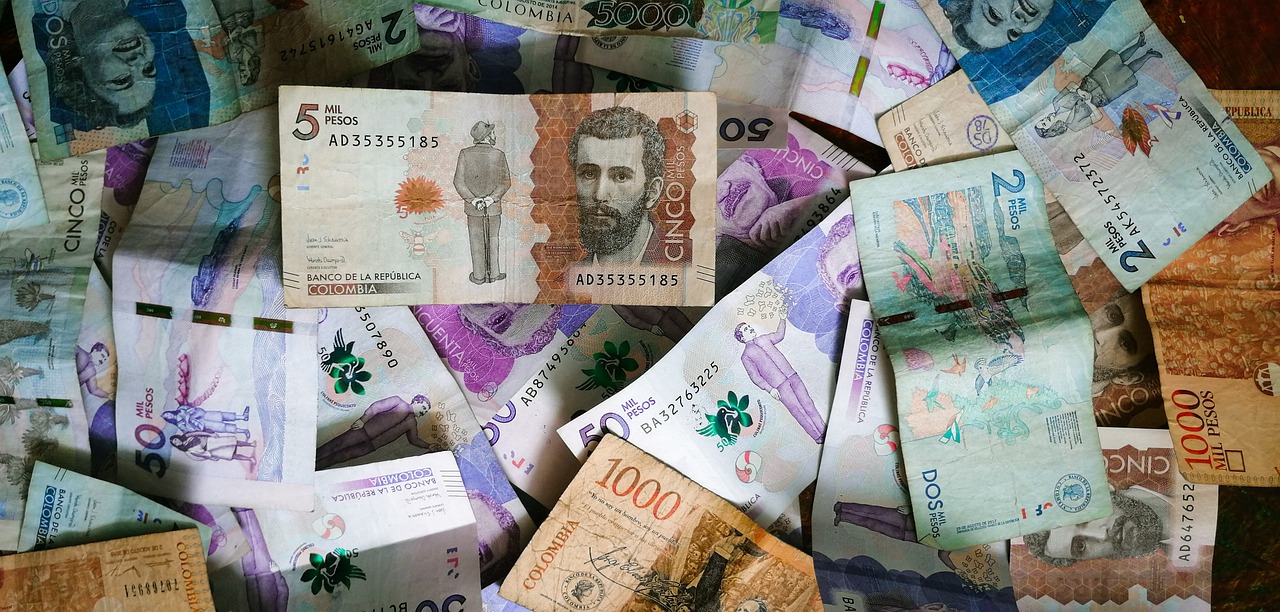Unraveling the Mystery of IBAN Numbers: What They Stand For, How Many Digits They Contain, and Why Theyre Essential for International Banking
GPT_Global - 2024-02-03 06:30:03.0 548
What is an IBAN number and what does it stand for?
An IBAN number, also known as an International Bank Account Number, is a unique code used to identify bank accounts for international transactions. The acronym IBAN stands for "International Bank Account Number," and it was developed to standardize the identification of bank accounts across different countries.
The IBAN number consists of a combination of letters and numbers, ranging from 14 to 34 characters, depending on the country. It starts with a two-letter country code, followed by two check digits, and then a series of alphanumeric characters that identify the bank and the specific bank account. This standardized format allows banks to easily process and verify international transactions.
When conducting a remittance business, having an IBAN number is crucial. It ensures that the funds are sent to the correct recipient's bank account, avoiding potential delays or errors. Without an IBAN number, international money transfers can be subject to higher fees and longer processing times.
Many countries have adopted the use of IBAN numbers, including the European Union, United Kingdom, and most countries in the Middle East and Africa. As such, it is essential for businesses that deal with international transactions to familiarize themselves with IBAN numbers and ensure that they have the correct IBAN for their bank accounts.
In conclusion, an IBAN number is an internationally recognized code that identifies bank accounts for international payments. It stands for "International Bank Account Number" and is designed to streamline the process of international money transfers. As a remittance business, having an IBAN number is crucial for efficient and accurate transactions. So make sure to have your IBAN number ready when sending or receiving funds abroad.

How many digits are typically in an IBAN number?
The International Bank Account Number, or IBAN, is a standard format used for identifying bank accounts in international money transfers. It is composed of a combination of letters and numbers that varies in length depending on the country in which the account is held. In general, an IBAN number ranges from 15 to 34 digits, with most countries following a specific pattern.
In Europe, the IBAN number is typically 20 digits long, while in countries like Australia and New Zealand, it can be up to 22 digits. For the United States and Canada, the IBAN number is not yet widely adopted, but some banks may have longer account numbers to accommodate international transactions.
The structure of an IBAN number can vary, but the first two digits always indicate the country code, followed by two check digits to verify the integrity of the number. The remaining digits are the Basic Bank Account Number (BBAN), which identifies the specific bank and branch, along with the customer's account number.
Having a correct and complete IBAN number is crucial when sending or receiving money internationally. Inaccurate or missing digits can result in delays or even rejection of the transaction. Additionally, incorrect IBAN numbers may also lead to additional fees or charges, as the bank has to manually process the transfer.
In conclusion, the length of an IBAN number can vary depending on the country, but it typically consists of 15 to 34 digits. Knowing the correct IBAN number is essential for hassle-free international money transfers, so always ensure to double-check the number before initiating any transactions.
What is the purpose of having an IBAN number?
An IBAN (International Bank Account Number) is a unique identification number assigned to bank accounts used in Europe, the Middle East, and other countries. It was created by the International Organization for Standardization (ISO) with the aim of making international money transfers more efficient and secure.
The primary purpose of having an IBAN number is to facilitate cross-border remittance transactions. This means that when you send money from one country to another, the IBAN ensures that the funds are routed to the correct bank account. This is especially important when transferring funds between countries that have different banking systems and currencies.
The IBAN is made up of a series of alphanumeric characters that identify the specific bank and account. It typically consists of up to 34 characters and is used in conjunction with other codes such as a Bank Identifier Code (BIC) or SWIFT code to ensure accuracy in processing the transaction.
Having an IBAN number also helps to reduce errors and delays in international money transfers. In the past, bank account numbers were often entered manually, which could lead to mistakes and cause delays in the transfer process. With the use of IBAN numbers, the risk of incorrect account numbers is minimized, ensuring that the money reaches its intended recipient without any hiccups.
Furthermore, the use of IBAN numbers has also increased the level of security in international money transfers. Each IBAN is unique to a specific bank account, making it easier to detect any fraudulent activities. This not only protects the sender's money but also reduces the risk of money laundering and other financial crimes.
In conclusion, the purpose of having an IBAN number is to streamline and secure international remittance transactions. With its use, sending and receiving money between countries has become more efficient, accurate, and secure. As more countries adopt the use of IBANs, the process of sending and receiving money globally will continue to improve.
Is an IBAN number unique to each individual or business?
An IBAN number, which stands for International Bank Account Number, is a unique code used to identify bank accounts for international remittance purposes. Each individual or business that has a bank account has their own IBAN number assigned to them. This 34-character code consists of a country code, check digits, and a basic bank account number.
The purpose of an IBAN number is to make cross-border transactions easier and more secure. By using a standardized format, it helps prevent errors in processing payments and ensures that the funds are directed to the correct recipient. Without an IBAN number, international transfers can be delayed or rejected altogether.
In addition to unique identification, an IBAN number also provides information about the account holder's bank and branch. This allows banks to quickly verify the account and process the transaction accordingly.
In some countries, such as those within the European Union, an IBAN number is required for all domestic and international transactions. However, even if it is not mandatory, having an IBAN number can still be beneficial for individuals and businesses conducting global transactions.
If you are planning on sending or receiving money internationally, it is important to know your IBAN number. You can usually find it on your bank statement or by contacting your bank directly. With this unique code, you can ensure that your international transfers are processed smoothly and efficiently.
In summary, an IBAN number is unique to each individual or business and is essential for international remittance transactions. It not only identifies the account but also provides information about the bank, making cross-border transactions more secure and efficient. Make sure to know your IBAN number for hassle-free global payments!
Are IBAN numbers used in all countries?
Many people may have heard of IBAN numbers when sending or receiving international payments, but not everyone is familiar with what they are and how they work. An IBAN (International Bank Account Number) is a standardized code used to identify bank accounts across borders. It is comprised of a country code, two check digits, and a domestic bank account number. This unique combination is essential for facilitating secure and efficient cross-border remittances.
IBAN numbers are used in all countries that participate in international remittance transactions. This includes most European countries, as well as countries in the Middle East, North Africa, and some parts of Asia. The use of IBAN numbers has become increasingly widespread due to the rise of global trade and commerce. In fact, many companies now require their customers or suppliers to provide IBANs for payment purposes.
The use of IBAN numbers has greatly improved the speed and accuracy of remittance transactions. Before their implementation, international payments involved multiple banks and manual processes, which often led to delays and errors. With IBAN numbers, funds can be transferred directly between banks, reducing processing time and minimizing the risk of errors. This ultimately benefits both the sender and the receiver, as payments can be received faster and with fewer complications.
In addition to streamlining the remittance process, IBAN numbers also help to enhance the security and transparency of international payments. Each IBAN number is unique to a specific bank account, making it easier to track and verify transactions. This is especially important in today's digital age, where fraud and identity theft are major concerns. By using IBAN numbers, remittance businesses can ensure that the right funds are being sent to the correct recipient.
In conclusion, IBAN numbers play a crucial role in the world of remittances. They provide a standardized and efficient way to identify bank accounts and facilitate cross-border payments. With the increasing use of IBAN numbers, international remittances are becoming faster, more secure, and more transparent. So the next time you need to send or receive money internationally, make sure to have the correct IBAN number handy!
About Panda Remit
Panda Remit is committed to providing global users with more convenient, safe, reliable, and affordable online cross-border remittance services。
International remittance services from more than 30 countries/regions around the world are now available: including Japan, Hong Kong, Europe, the United States, Australia, and other markets, and are recognized and trusted by millions of users around the world.
Visit Panda Remit Official Website or Download PandaRemit App, to learn more about remittance info.



